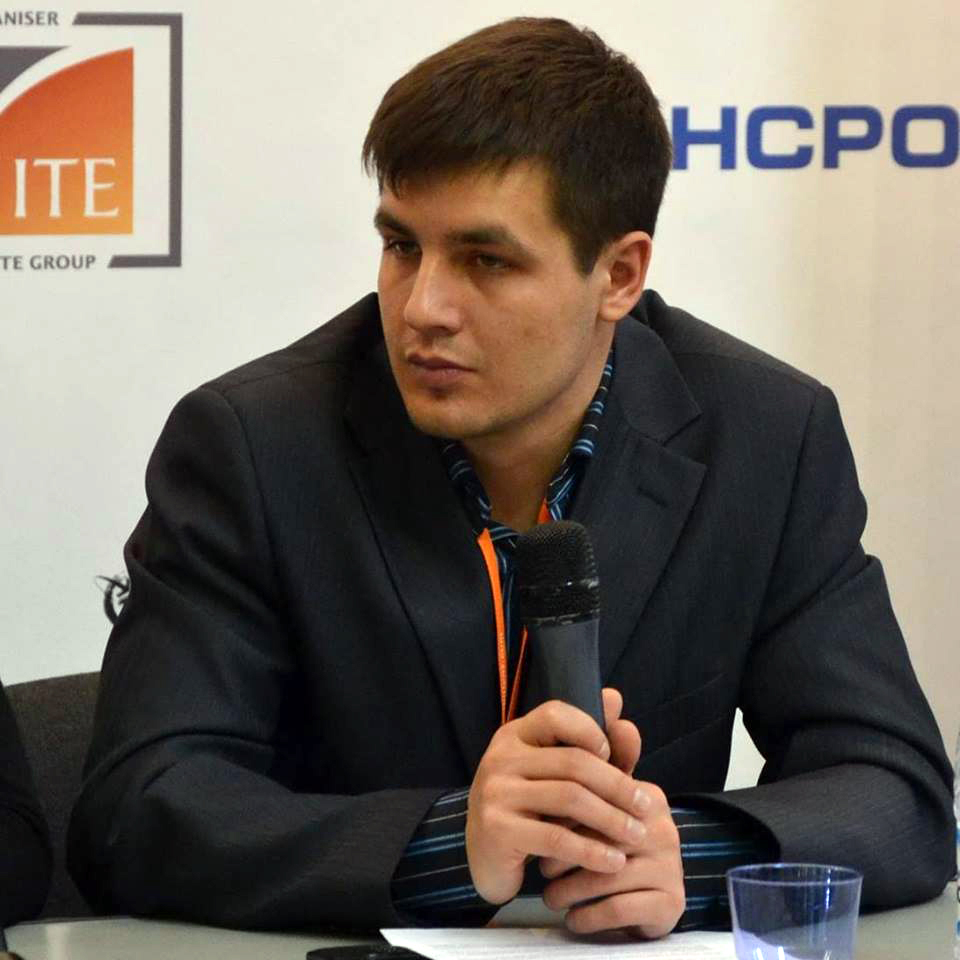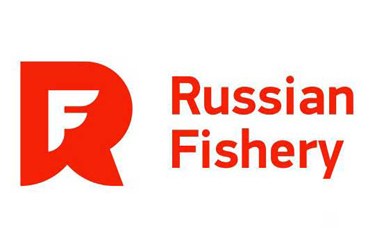Radical proposals made by the Russian Fishery Company (RFC) on the development of the Russian seafood sector led to the loss of a Marine Stewardship Council (MSC) certification by the company.
In September, RFC was expelled from the Pollock Catchers Association (PCA) – the MSC’s client group in Russia. Now the company plans to apply for the certification independently.
RFC, owned by Gleb Frank –a young entrepreneur who entered the seafood industry just a few years ago with big investment plans – shook up the segment in summer 2020 by rolling out a few proposals to reform the management of fisheries in Russia. It suggested the government redistribute quotas for fish and crab in favor of companies investing in fleet renovations, sell more quotas through auctions, and impose restrictions on the age of vessels used in Russian waters.
As SeafoodSource reported, the initiatives caused outrage across the industry, with critics saying that the ideas, if realized, will cause many fishers to go bankrupt, and a lot of coastal villages would be stripped of resources to survive.
The move by RFC had far-reaching consequences. On 15 September, PCA – a client group for MSC in Russia – held a meeting to consider the possible ouster of six of RFC’s affiliated companies from the body. The majority of the then 29-member association voted to expel fisheries Vostokrybprom, Sovgavanryba, TURNIF, Intraros, DMP-RM, and RMD YUVA 1.
The decision was made under a clause of the association’s organization charter saying that a member can be kicked off for taking steps that contradict the goals and tasks of the organization. These goals and tasks, according to another clause, are to "ensure economic and political guarantees for member’s activities." The RFC’s proposals would unavoidably lead to the withdrawal of quotas from PCA’s members, Alexey Buglak, PCA’s president told RBC business paper.
Anisia Shepeleva, the representative of MSC in Russia, told Fishnews media agency that MSC doesn’t interfere in the internal affairs of a client group. She also said that if a member is excluded from a client group, the certificate is no longer valid for its products.
The Komsomolskaya Pravda newspaper reported that during the PCA’s members’ meeting in September, there was also a critic of the RFC’s proposals. Some representatives of fisheries dismissed RFC’s statements that Russian fisheries are reluctant to produce highly valued products, as many PCA’s members have already been doing so. Another point of criticism was the statement that the investment quotas program proved to be effective – it’s too early to tell, the critics complained.
PCA was founded in 2006. After the ouster of the RFC’s affiliates and admission of three fisheries, its membership is 26 companies. Before the decision in question, its members caught 1.8 million metric tons (MT) a year, accounting for 75 percent of pollock caught in Russian waters and 35 percent of the global catch.
RFC’s reaction was predictably tough. Advisor to RFC’s CEO Saveliy Karpukhin, quoted by Vedomosti and Kommersant business papers, expressed his strong opposition to PCA’s decision.
“That’s nonsense, we have been expelled for proposals aimed at the comprehensive technological and economic development of the country’s fishery industry,” he was quoted as saying. “It’s obvious that some major fisheries are not ready to invest neither into their future nor in the future of the industry, which is now using 40-year-old vessels and processing technologies of low effectiveness. It suits them, but it doesn’t suit RFC.”
Karpukhin added that the ouster created a risk for RFC, the biggest investor in the industry, to lose access to the European market. He voiced the company’s intent to ask The Russian Anti-Trust Service to investigate whether the PCA’s decision has signs of cartel conduct.
The key issue right now is which changes the removal of RFC from MSC certification can bring to the pollock market. The answer to that question depends on what the company will do, and how fast it will manage to get an MSC certificate back.
RFC’s spokesperson told SeafoodSource that the fishery decided to apply for an MSC certificate independently. “We are now preparing documents for the application,” the spokesperson said. She didn’t say how much time the process can take referring to the fact that the whole procedure is rather complicated.
A source in the market speculated that RFC can get certified again much faster than usual as “the company has gone through all these procedures yet, as it possessed the certificate when it was part of PCA.” There is an understanding in the market that it could happen before much of its yearly quota for pollock is used, so in this case, the PCA’s decision will not influence the company’s supplies in 2021.
As for this year, nearly 80 percent of RFC’s pollock quota for 2020 has already been utilized. RFC has quotas for more than 300,000 metric tons (MT) per year, 80 percent of which is pollock.
Total allowable catch for pollock in Russia for 2020 is nearly 1.8 million MT. Last year, 1.7 million MT of the species was caught.







